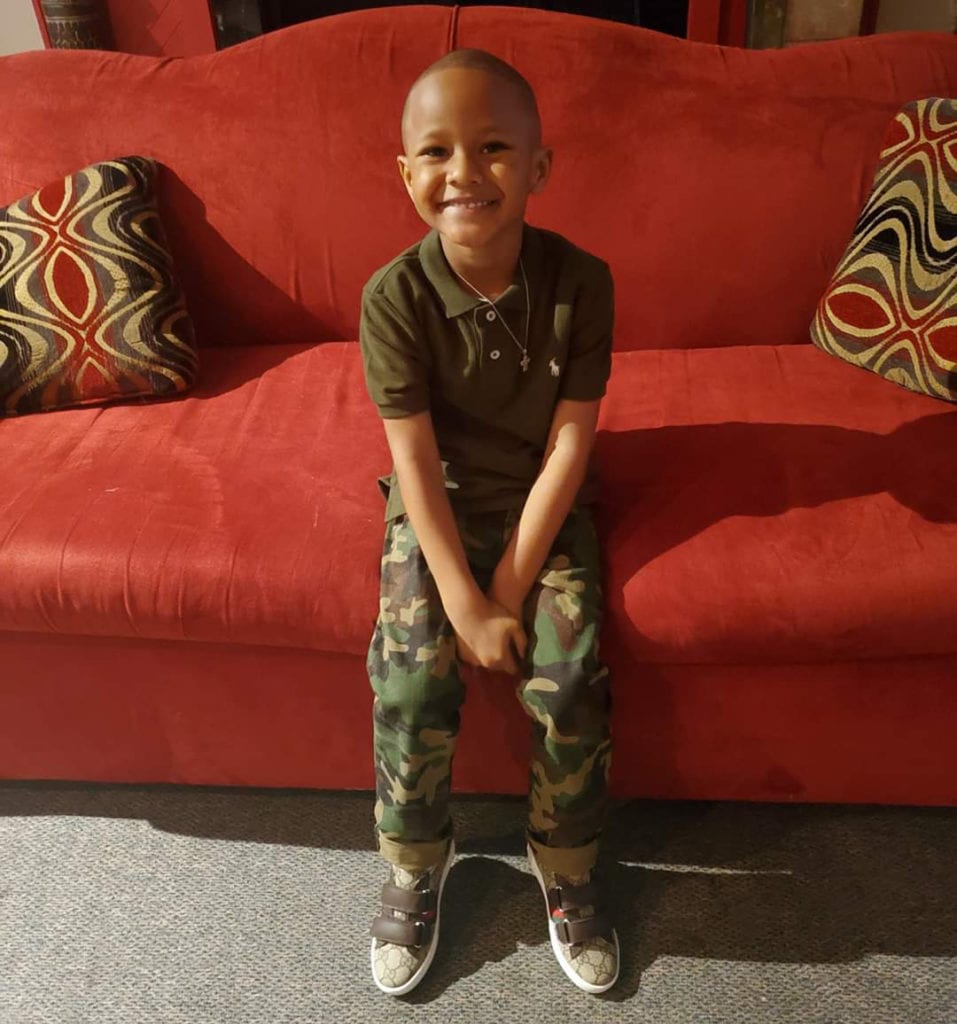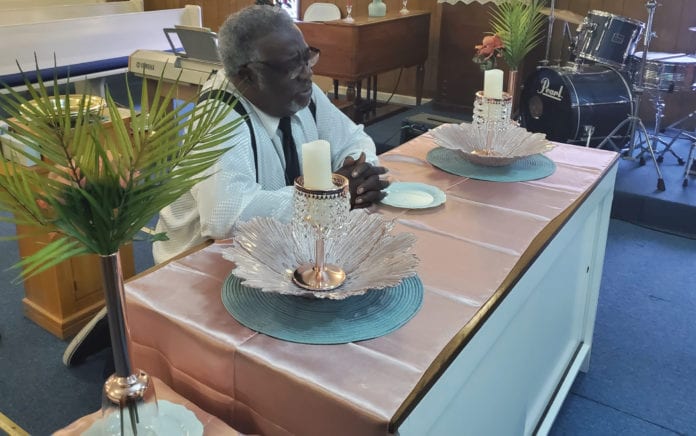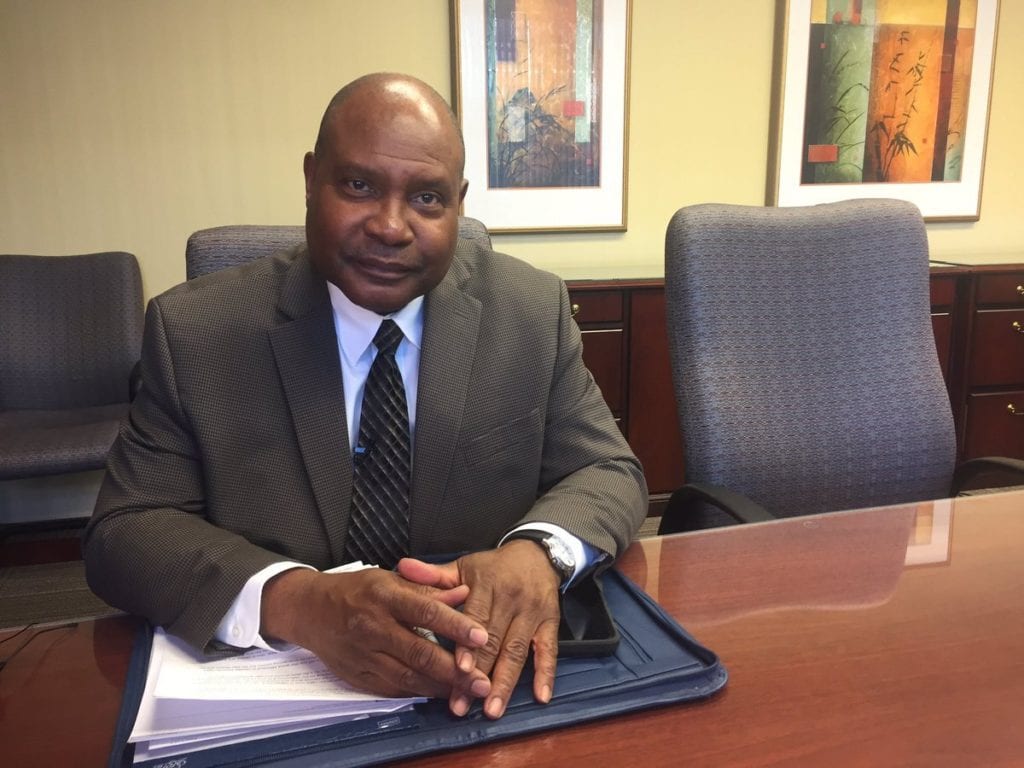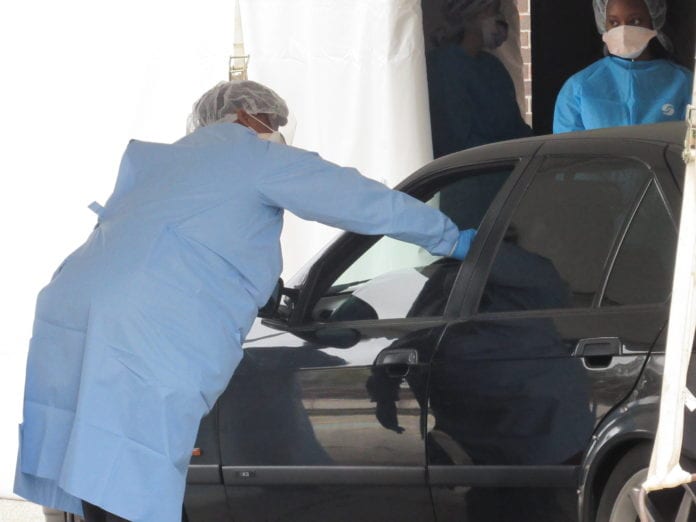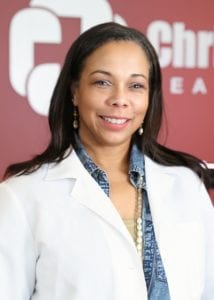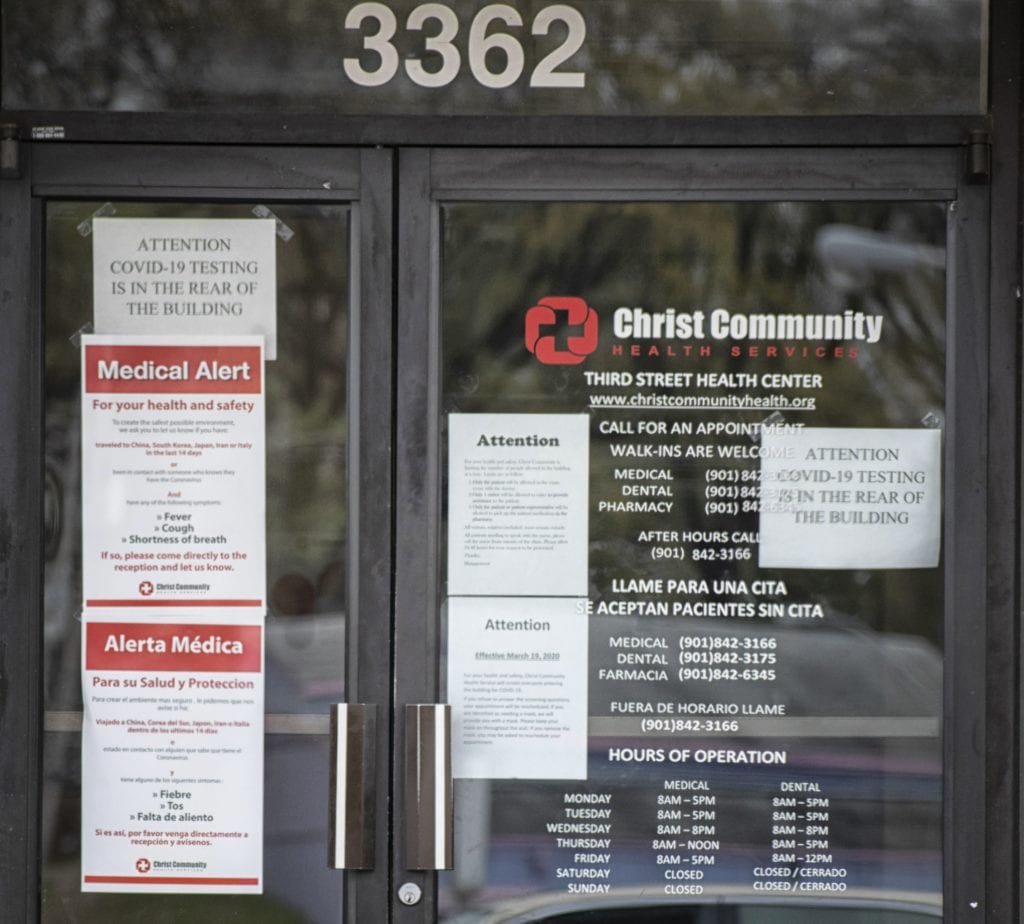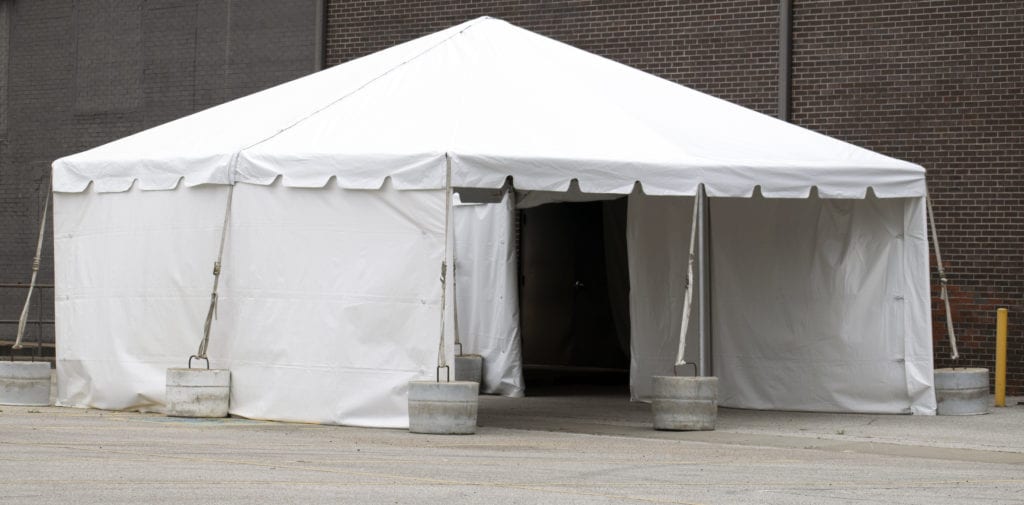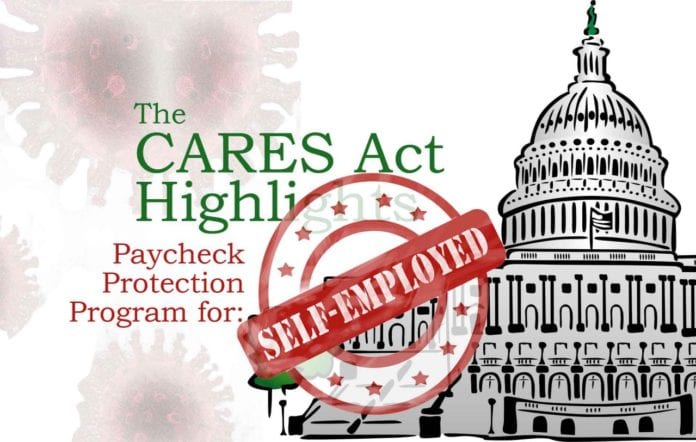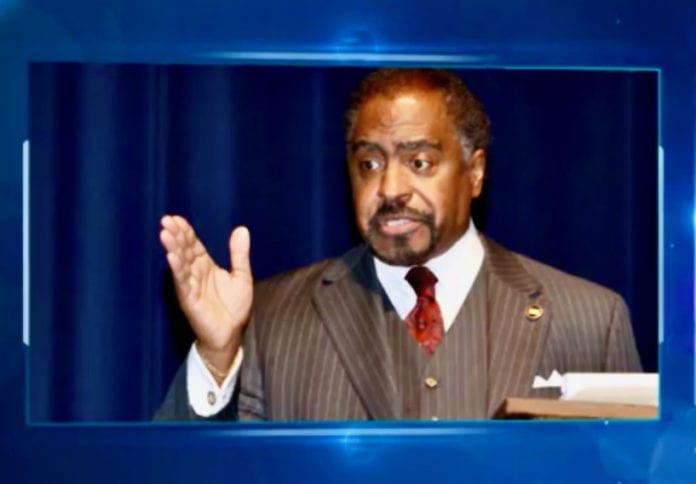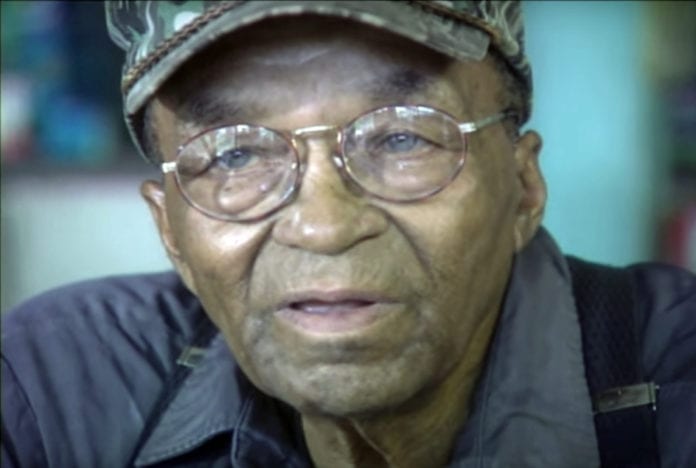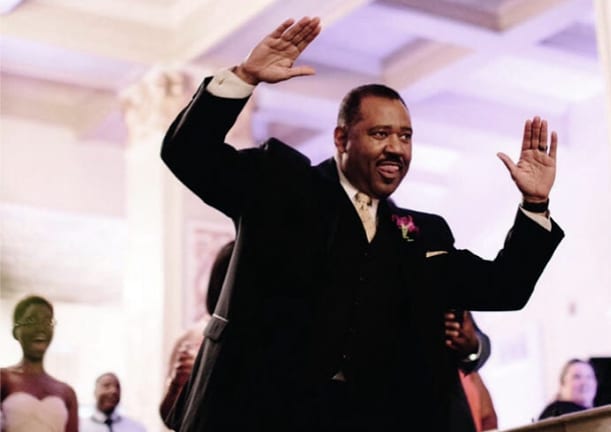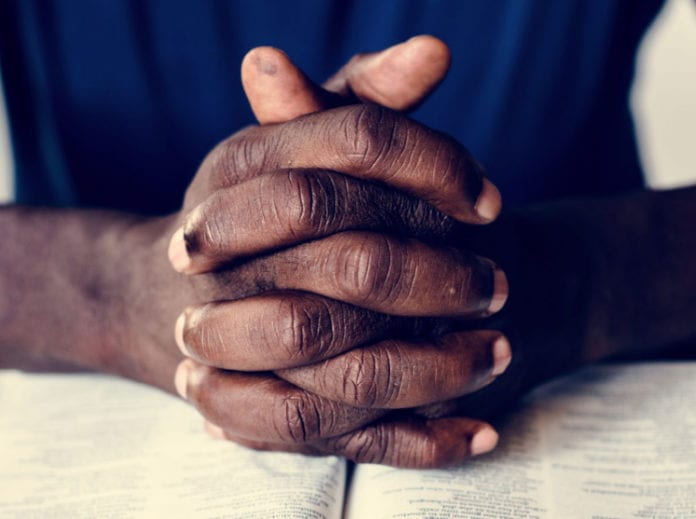by John Burl Smith —
(The day – April 4, 1968 – Dr. Martin Luther King Jr. died in Memphis was Maya Angelou’s 40th birthday. That intersection was observed recently by social change advocate John Burl Smith, a former Memphis Invader, as he reflected on the 52nd commemoration of Dr. King’s assassination. He and fellow Memphis Invaders met with Dr. King a few hours before he was killed. In his forthcoming book, “The 400th” (1619-2019) From Slavery to Hip Hop),” Smith salutes Angelou – poet, singer, memoirist and civil rights activist – with this chapter (edited for presentation here) titled “Commemorating Another Who Has Passed On.”)
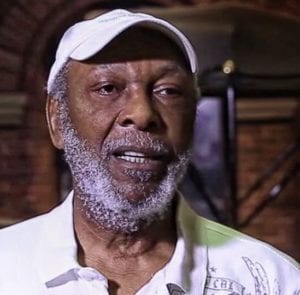
Though not planned in the way this narrative developed, yet I reach the end on another icon that is no longer with us. Marguerite Annie Johnson (4-4-1928/5-28-2014) is better known to her adoring and admiring fans as Maya Angelou. …
(H)er life was filled with far too many accomplishments to try and detail them here. … Mrs. Angelou enjoyed a beautiful life that included becoming a journalist in Egypt and Ghana, during the decolonization of Africa. She directed, as well as produced plays, movies, and public television programs in the late 1960s.
Then there is Broadway and her fight for human rights. Mrs. Angelou met novelist John O. Killens in 1959 and he convinced her to move to New York City, where she could concentrate and fully develop as a writer.
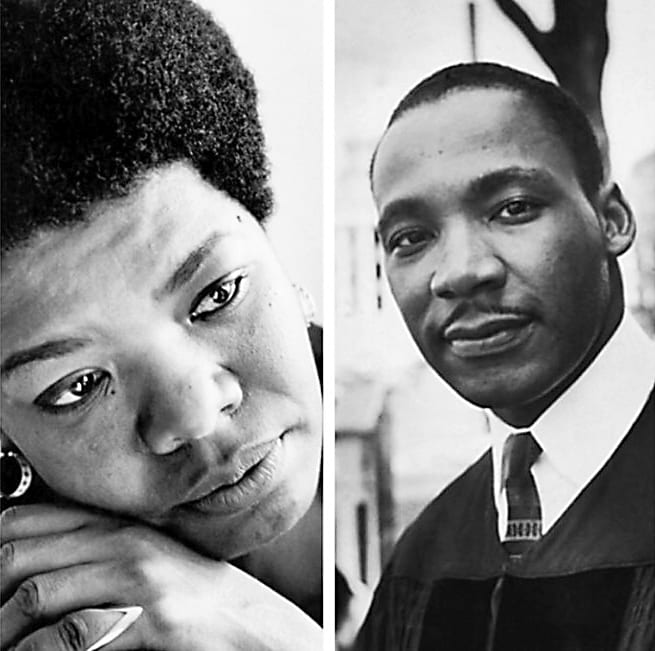
She joined the Harlem Writers Guild, where she met and worked with several major African American authors….In 1960, she met civil rights leader Rev. Martin Luther King Jr., and she and Killens organized the legendary “Cabaret for Freedom” to benefit the Southern Christian Leadership Conference (SCLC). Later, she was named SCLC Northern Coordinator.
While in Accra, Ghana, she became close friends with Malcolm X, during his visit in the early 1960s. When Mrs. Angelou returned to the US, she worked with Malcolm, as he began building his Black Nationalist organization, the Organization of Afro-American Unity (OAU), just before he was assassinated.
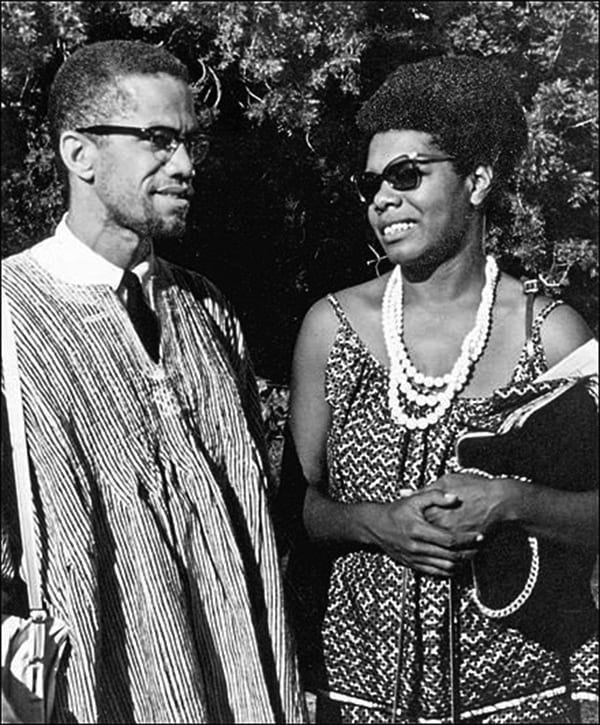
Mrs. Angelou received dozens of awards and more than 50 honorary degrees before reaching the 1990s, where she, in 1993, recited her poem “On the Pulse of Morning” at Bill Clinton’s presidential inauguration. US President Barack Obama presented the Presidential Medal of Freedom (2011) to Mrs. Angelou.
Reading all her honors, one might think Mrs. Angelou lived a life of ease and gaiety however, that was definitely not the case. According to Mrs. Angelou, “I had many hard struggles, but that is life struggle.”
I first met Mrs. Angelou through “I Know Why the Caged Bird Sings” (1969). I read that biography while in jail in 1971. I learned, as with so many black men and women detailed here, she was abused during childhood by her mother’s boyfriend. When she told her uncles, unlike many other abusers, later, the culprit was found dead. The rumor was the culprit had been kicked to death.
The boomerang for Maya was she became so frightened by the power of her words, at age eight; she became mute, refusing to speak for the next five years.
Again, like many other black children, including this writer, a concerned teacher found a way to draw her out of her closed off world. However, Mrs. Angelou’s influence did not end with her passing, the impact of her words continue reaching out from the grave, like a healing balm, to inspire today.
Consider this. I received a post on Facebook that illustrates her truly amazing power. The clip was posted by L. BrooklynPhenix Smith from Great Britain. While showing Meghan Markle’s courage facing her latest travails, including the backstabbing from the so-called British “royal circle,” the post featured Mrs. Angelou reciting her iconic poem “And still I Rise” (1978).
Brilliantly produced, the clip showed Mrs. Angelou giving a live performance interspaced with video clips of Meghan Markle, poised as always, going about her life with Harry and their baby. The post was accompanied by a Youtube.com piece entitled, “The Story about Maya Angelou that you have never heard in her own words!”
Mrs. Angelou’s message is not just for Meghan, but for all black women. Mrs. Angelou made the point in her poem and the video that, if you are a black woman and though you may be hated, verbally abused, attacked unjustly, ostracized and lynched upon the scaffold of ridicule, you should never feel alone or shame, because that has always been the lot of black women.
Black women can never afford to show weakness or to be fragile in the face of such assaults from those bent on their destruction. You must stand tall as a proud vessel of life. It is your beauty that drives those jealous of your femininity and womanly powers and strength that defies incredible odds to gain victory.
Mrs. Angelou’s clarion call is to stand forth when haters try to push you down, and even when they manage to cover you with their lies and plots, still as a black woman, you must rise!!!
That is the demand before all enslaved Africans descendants, women, and men. We must always reach deep to bring forth the self-love that got slavery’s descendants to “The 400th”.
Mrs. Angelou and Meghan Mackle were both touched by the Trans-Atlantic Slave Trade, which (for) Great Britain was a major pillow and its Crown rest atop the graves it filled with slaves. The attitude that supported that monster – slavery – still lives in the hearts of people who see former enslaved Africans as people they once owned. The world will never change if attitudes remain the same.
(John Burl Smith began as a black power advocate in 1967 and now works for social change, social justice and other progressive causes. He is the author of the forthcoming book “The 400th” (1619-2019) From Slavery to Hip Hop.”)


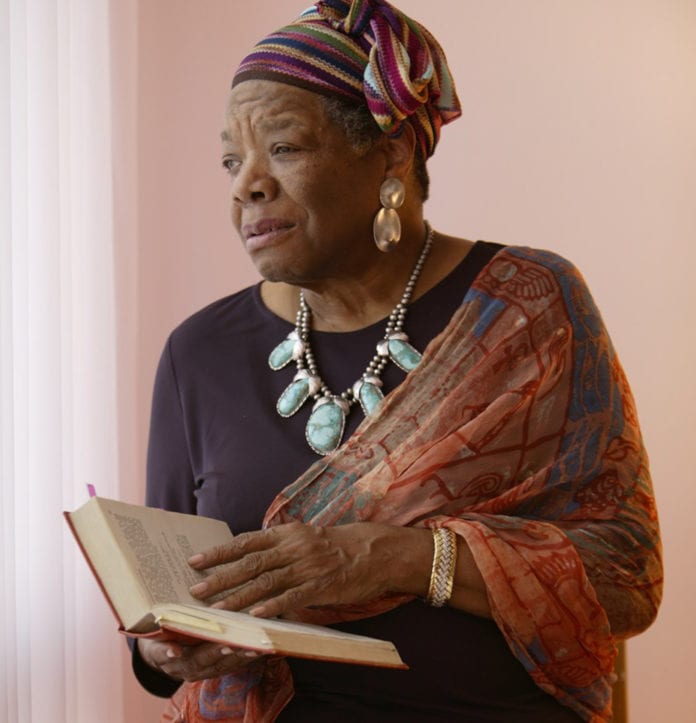
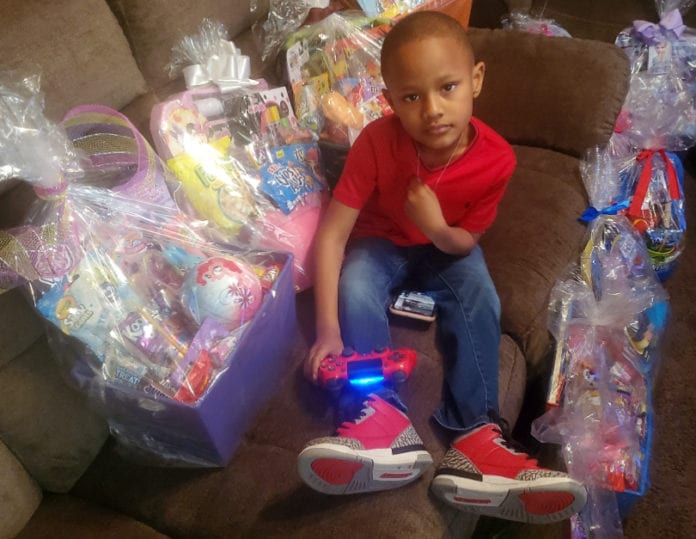

 Jones-Grandberry manages the supply line, posting event solicitations online and strategically using donations to support the online workforce “like the young lady who was selling baskets. I didn’t go to your local Walmart or Kmart. They already have money. So what we did was supported the people who were trying to make extra money.”
Jones-Grandberry manages the supply line, posting event solicitations online and strategically using donations to support the online workforce “like the young lady who was selling baskets. I didn’t go to your local Walmart or Kmart. They already have money. So what we did was supported the people who were trying to make extra money.”